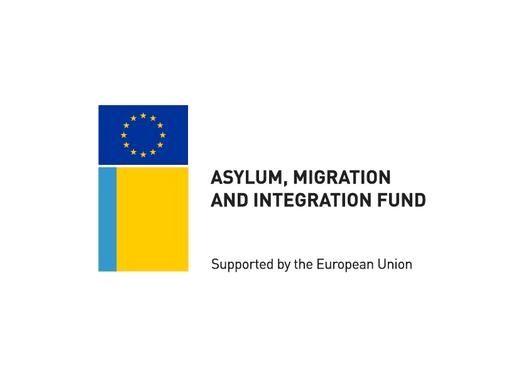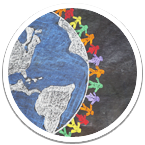The health and welfare of asylum seekers
An asylum seeker is a person who applies for international protection citing persecution or other danger in their home country or permanent country of residence as a reason for the appeal.
In 2015, 32,476 persons sought asylum in Finland, one fourth of them minors. In September 2016, 23,000 persons were still covered by the reception services.
If asylum is granted, the asylum seeker will be allocated to a municipality and recorded as its resident with refugee status. A refugee is a person who has been granted asylum in Finland because they risk being persecuted in their home country, or they need protection because of the security situation in their home country.
Health issues of asylum seekers and refugees
Both health-promoting factors as well as challenges and special questions are related to the health and welfare of asylum seekers.
As a resource that promotes and maintains their health and wellbeing can be considered the fact that asylum seekers are relatively young and healthy when arriving in their new country. They often are motivated to build new lives for themselves, and they feel able and willing to work. Some of their lifestyles also protect and promote their health, including avoidance of alcohol.
Special questions of asylum seekers’ health involve preventing infectious diseases and improving vaccination cover, oral health, mental health as well as sexual and reproductive health. The treatment of an asylum seeker's chronic illnesses may also have been interrupted, for example because of the need to flee, which makes the illness worse. Asylum seekers’ wellbeing is also threatened by such factors as the long asylum process, worry about their families and loved ones, and discrimination experienced in the new country.
Infectious diseases and vaccinations
Some asylum seekers come from regions where communicable diseases are more common than in Finland. The conditions during the flight, a health care system that operated poorly due to crises, a previous history of disease and risky behaviour may expose asylum seekers to different communicable diseases. As a result of a crisis or difficult living conditions, not all regions have been able to offer vaccinations in accordance with vaccination programmes.
To prevent communicable diseases, asylum seekers are provided an opportunity to participate in communicable disease screenings and vaccinations.
Mental wellbeing and mental health
Asylum seekers and refugees may have traumas and mental health symptoms as many of them have encountered war, violence, torture and death in their country of origin. Their flight has been dangerous and traumatising. They encounter new challenges in their new country, such as uncertainty about the future. The processing period of an asylum application is particularly stressful to children’s mental health. It is therefore important to invest in the mental health of asylum seekers and refugees already at the reception stage.
Sexual and reproductive health
The majority of asylum seekers coming to Finland are women and men of reproductive age (15–49 years old) or their children. Indeed, it is worth paying special attention to sexual and reproductive health and rights. Pregnant female asylum seekers are entitled to municipal maternity clinic services.
The health and welfare of minor asylum seekers
Children below school age are entitled to child health clinic services. The right to basic education and compulsory education also concerns children without a home municipality in Finland. Minor asylum seekers are also entitled to school health care services. School health care and child health clinic are extensive entities which also include supporting parents in bringing up their child.
The right to health care of asylum seekers and refugees
Adult asylum seekers are entitled to urgent and necessary health care. Maternity clinic services are part of necessary health care. Minor asylum seekers are entitled to the same social and health care services as the residents of the municipality.
Refugees’ rights to health care exceed those of asylum seekers, as they are entitled to the same social and health care services as the residents of the municipality.





